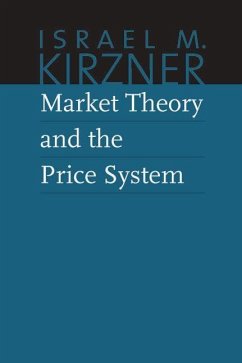
The Foundations of Behavioral Economic Analysis

PAYBACK Punkte
43 °P sammeln!
This is the first definitive introduction to behavioral economics aimed at advanced undergraduate and postgraduate students. Authoritative, cutting edge, yet accessible, it guides the reader through theory and evidence, providing engaging and relevant applications throughout.













